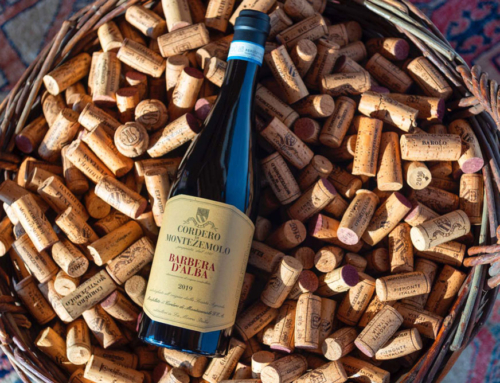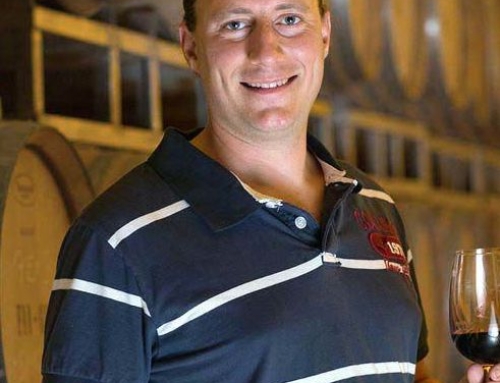Up next is the December opening of a Bigalora in Rochester Hills with plans to open two to three more restaurants in the next two years.
After that, “it’s just a question of scale,” Collins said, as the partners consider expanding to the west side of the state, northern Michigan and even out of state. Whatever market they choose, they plan to go in with multiple restaurants, he said.
Year to date, Livonia-based Bigalora said its same store sales are up 15 percent in 2016 compared to 2015, and in 2015 same-store sales increased by 10 percent compared to 2014. The partners declined to disclose revenue or sales.
The now 200-employeee company didn’t always have big ambitions. When it was founded by DelSignore in 2010, he had the simple goal of developing a casual restaurant offering Neapolitan-style pizza, a few small plates and gelato.
DelSignore spent 2 ½ years developing the three-ingredient pizza dough, which uses a prefermented style of leavening called “biga” in Italy. The dough doesn’t contain added sugars or commercial yeasts.
But after opening the restaurant down the street from Bacco Ristorante on Northwestern Highway in Southfield, which he founded in 2002, DelSignore ran into a problem.
“The concept was supposed to be very simple … (but) it evolved to more because I put it so close to Bacco that I fed the same clientele,” DelSignore said. “That clientele is very demanding and wanted more. Then I started adding entrees, a lot more plates and entrȁ;e salads.”
That expanded menu is now a staple across the majority of the restaurants, which includes appetizers, salads, soups, pasta, entrees, dessert and a variety of white and red pizzas.
Around the same time as the opening of Bigalora in Southfield in 2010, Collins and Chetcuti bought the 109-year-old building that is home to Cloverleaf Fine Wine on Main Street in downtown Royal Oak, with space for a restaurant.
“We got a bistro license from city but were smart enough to know we didn’t want to run our own restaurant,” Collins said. “Our first call was to Luciano.”
Collins, Chetcuti and DelSignore decided to open a restaurant together in May 2012. After that, the company expanded rapidly with a restaurant in Ann Arbor in 2013, followed by Bigalora at Ford Field the next year, and the launch of the food truck with a wood-burning oven inside and the restaurant at Detroit Metropolitan Airport in 2015.
The opening at Ford Field and an invitation to set up shop at the DMC’s revamped food court managed by Papa Joe’s Gourmet Market & Catering marked a pivot in strategy for the company. DelSignore said those two restaurants, along with the food truck and airport location, help it build the Bigalora brand.
By getting more people familiar with the product, DelSignore said, the company can expand its customer base so when Bigalora eventually builds a restaurant in a new community, the residents are more likely to be acquainted with the brand and its Neapolitan-style pizza, a relatively new offering in metro Detroit.
When DelSignore first introduced his thin-crust pizza, some customers complained about the bubbles in the dough and charred crust. Detroit’s growing community of young chefs focused on using local and sustainable ingredients has helped increase the acceptance of thin-crust pizza in the region, DelSignore said.
Now, the company is focused on finding markets in which to open with a “more sophisticated clientele that appreciates our food,” Collins said. One of those markets is Detroit, he said, but the partners are waiting until they find the right building.
In the meantime, Bigalora’s partners have opened a winery called Baia Estate on the Leelanau Peninsula in northwest Michigan. The wine is sold at Bigalora restaurants and Bacco and will be offered in a few restaurants in metro Detroit and northern Michigan in the next few months.





